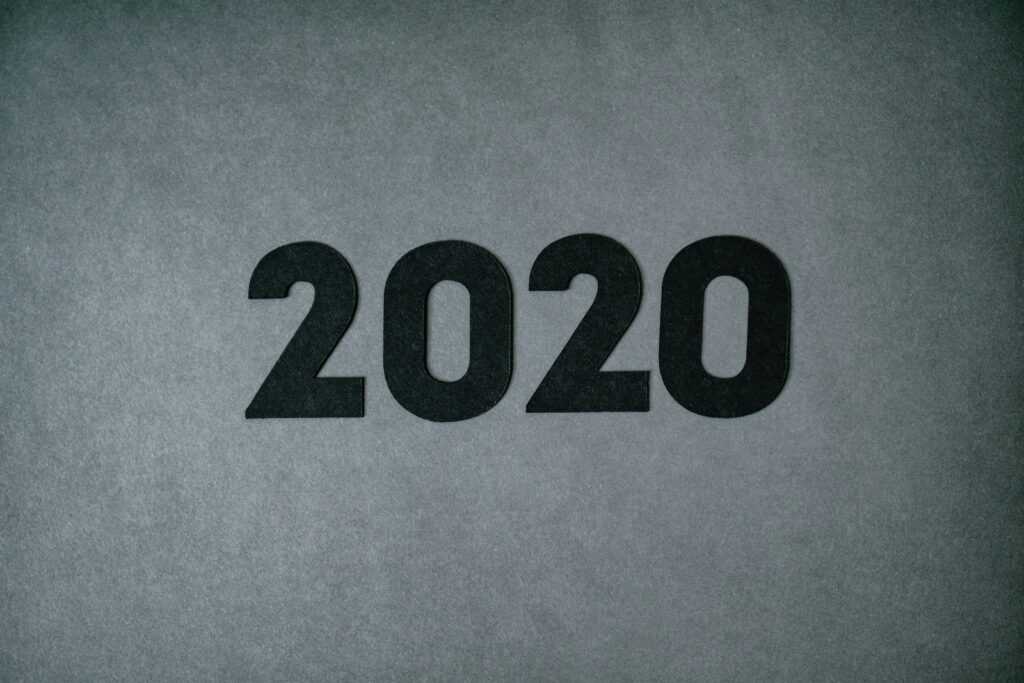Major Federal Shifts
So far in 2026, the federal government hasn’t rolled out sweeping legislation around sports betting but what has emerged is still game changing. The updated Interstate Wagering Clarification Act (IWCA) passed quietly in Q1, and it’s begun to reshape how national sportsbook operators approach cross state activity. This legislation clarifies that federal protections apply only when both operator and bettor are in states where betting is legal. That’s made the enforcement map trickier, especially for mobile platforms.
The other federal update comes from the IRS. Winnings over $600 (down from $1,200 previously) now trigger an instant report to federal tax authorities. This has sportsbook compliance teams scrambling and introduces new pain points for the casual bettor.
With states continuing to set their own rules, the patchwork nature of U.S. gaming law is getting tighter, not looser. National sportsbook operators DraftKings, FanDuel, and the like must now walk a thinner compliance line to avoid conflict between state and federal interpretations. For them, it’s less about expansion in 2026 and more about navigating layered regulation without tripping over it.
Interstate betting is technically more possible than before but only if you have the legal team, geolocation tech, and real time compliance systems to pull it off. The playing field is bigger, but a lot less forgiving.
State by State Rollouts
2026 is shaping up to be a defining year for sportsbook regulation at the state level. Several key states are enacting new rules that will either open the door wider or, in some cases, slam it shut.
To start, California is finally back in the conversation. After several failed attempts in previous years, lawmakers are advancing a framework focused on mobile betting with a strong emphasis on tribal partnerships. Expect a tightly controlled rollout tied to revenue sharing agreements.
Texas is also taking steps, though more cautiously. A bill passed in early 2026 legalizes in person sports betting at select casinos, with mobile betting delayed at least another year. Licensing fees are steep, and operators face strict vetting procedures.
Meanwhile, New York and New Jersey are in the tightening camp. Both have updated tax structures New York raised its rate on mobile handle to 60%, while New Jersey introduced tiered tax bands tied to monthly revenue. Smaller operators are feeling the squeeze.
On the flip side, states like Kentucky and North Carolina are expanding access. Kentucky is removing its in person registration requirement, opening the door to broader mobile adoption. North Carolina is introducing new competitive licensing rounds to foster market diversity.
Licensing overall is becoming more expensive and more rigorous. Application fees are up, background checks are more extensive, and states are leaning into ongoing compliance checks rather than one off approvals.
As regulation matures, operators will have to pick their battles cherry picking states where tax rates and market access align with long term viability. Playing nationwide is starting to look less attractive unless you’re built for scale.
New Compliance Pressures for Operators

Regulation grew teeth in 2026, and sportsbooks are feeling the bite. Responsible gaming mandates are no longer a PR checkbox they’re legal requirements. Operators are being forced to step up everything from spending limits to real time problem gambling alerts. Many states now require dynamic player risk profiles, not just static self exclusion lists.
KYC protocols also got a major upgrade. Identity verification must now be airtight and fast. Platforms are required to flag suspicious account activity automatically, not just at onboarding. This includes layered ID checks, biometric data in some jurisdictions, and real time fraud detection systems. It’s adding friction, but regulators see it as non negotiable.
And then there’s data privacy. Vague language is out; hard rules are in. Operators must disclose exactly how user data is stored, used, and sold and consumers must be able to opt out or demand deletion. Failure to comply doesn’t just mean fines. It means licenses revoked. For sportsbooks, 2026 is the year compliance moved from a cost center to a survival strategy.
Impact on Bettors
The 2026 regulatory shakeup isn’t just a headache for operators it lands squarely in the lap of everyday bettors. Odds presentation is cleaner and more standardized across platforms now, with regulators pushing for less ambiguity and more transparency. That means fewer misleading boosts and more consistent formats. For sharp bettors, it might feel restrictive. For casuals, it’s a little easier to know what you’re getting into.
Withdrawal timelines have also been tightened but not necessarily shortened. With extra checks in place, expect delays if your documentation isn’t clean. Know Your Customer (KYC) rules are stricter, and sportsbooks are enforcing new identity checks not just at sign up but throughout the player lifecycle. Bettors used to fast cash outs may need to adjust expectations.
Then there’s the shift in bet limits. Regulators in certain states are capping maximum wagers for new or at risk accounts. Some operators are responding by offering personalized limits based on user behavior, which can feel fair or frustrating depending on your bankroll.
On the plus side, responsible gaming tools are now front and center. Think session time warnings, customizable betting limits, and timeout options that are much harder to skip past. The era of passive play is over. If you’re betting in 2026, expect a tighter, more watchful environment built to protect, but also a bit more hands on than some might prefer.
What This Means for the Industry
The U.S. sportsbook sector is entering a phase of recalibration. Regulatory pressure is tightening, which means we’re likely to see more consolidation. Smaller players feeling the squeeze from compliance costs and shrinking margins may look for exits or acquisitions. Expect mergers between mid sized operators trying to scale and compete with national giants.
In parallel, operational overhead is climbing. Licensing fees, legal reviews, tech audits none of it’s getting cheaper. Operators who once relied on fast growth will now have to run leaner, with closer attention to risk, profit models, and automation.
That’s where compliance technology comes in. Forward thinking books are investing in smarter platforms that auto flag violations, streamline KYC, and track user behavior for responsible gaming triggers. It’s not just about playing defense anymore it’s about finding efficiency in the red tape. The ones who do that well will weather the change. The ones who don’t might not be around next season.
Looking Forward
2026 isn’t the finish line it’s the staging ground. Over the past few years, the flood of new state level regulations, federal compliance updates, and shifting player behavior has put sports betting operators on high alert. But instead of treading water, smart books are treating 2026 as the new normal and building out for what comes next.
Operators are doubling down on flexibility. That means modular compliance systems, faster KYC onboarding tech, and better bettor education tools baked directly into platforms. The books that will win in 2027 and beyond aren’t just staying compliant they’re staying agile. This also includes increased investment in in house legal teams, data science for real time odds modeling, and personalized user safeguards to stay ahead of tighter regulatory oversight.
For bettors, this quiet groundwork won’t always be visible but it’ll shape everything from the speed of your next payout to how your data moves behind the scenes.

